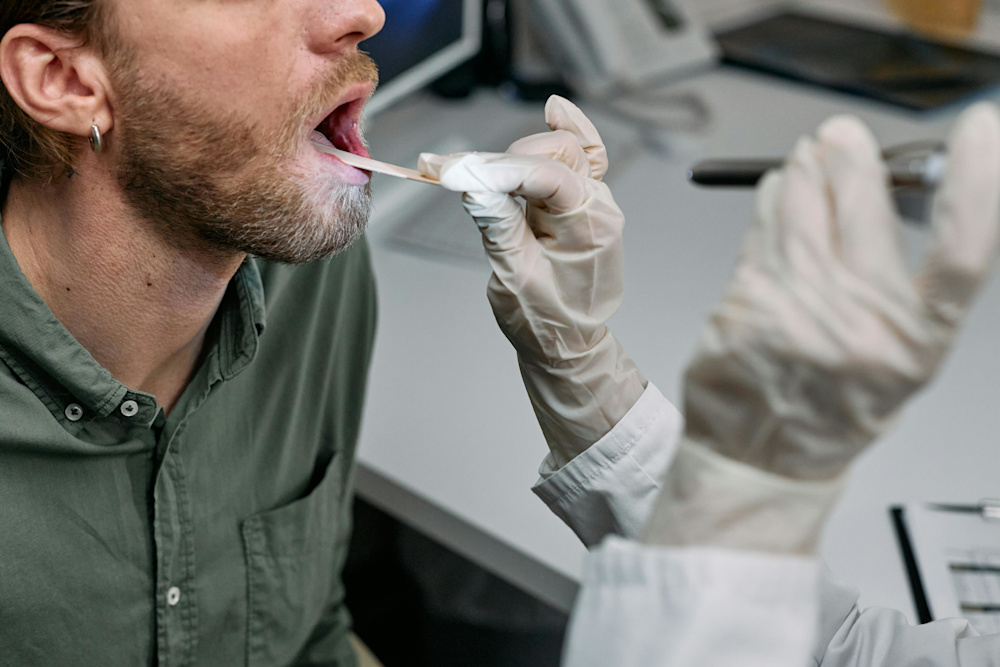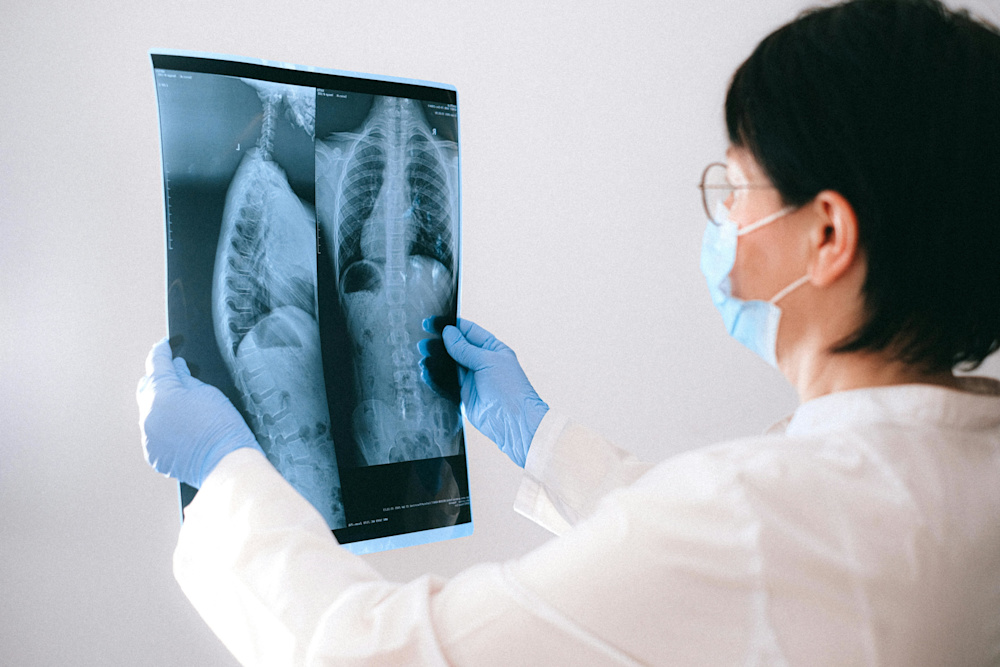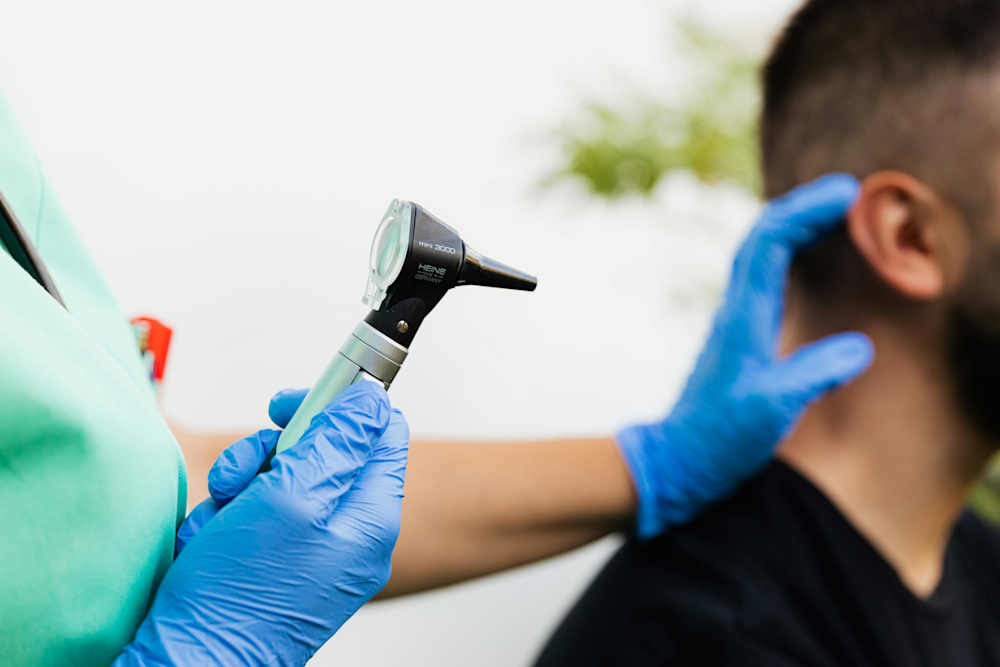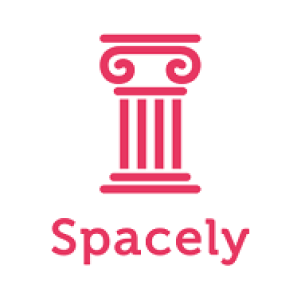Updated May 26, 2025
A Comprehensive Guide to The Japan Annual Health Check
Have you ever wondered why your Japanese colleagues disappear for half a day each year, only to return with a folder full of medical charts and a newfound commitment to drinking less?
Welcome to Japan’s annual health checks, a vital part of work life that shows the nation’s commitment to preventive healthcare and workplace wellness.
In this article, we'll explore the ins and outs of Japan's comprehensive annual health check system — from who's eligible to what to expect during your examination.
Whether you're a newly arrived expat trying to navigate Japan's healthcare system or a long-term resident curious about optimizing your health, this guide will provide valuable insights into this important aspect of living and working in Japan.
In this article: 📝
What Are Health Checkups Like in Japan?
Japan takes preventative healthcare very seriously, so seriously that annual health checks are mandated by law for employed individuals. These comprehensive examinations go beyond the annual typical health checks that you might experience back home.
Japanese health checks are methodical, thorough, and efficient.
In a single morning, you might find yourself cycling through multiple examination rooms, providing various bodily samples, and answering detailed questions about your lifestyle habits. The process feels like a well-oiled machine, reflecting Japan’s methodical approach to keeping its workforce healthy.
Basic Terms For Japanese Yearly Health Check
Since we’re talking about health checks in Japan, you should familiarize yourself with the relevant terminology.
For starters, the general health check is called Ippan Kenko Shindan or Ippan Kenshin (一般健康診断・一般健診).
If you're referring specifically to the yearly checkup that companies usually require, that's known as Teiki Kenkou Shindan (定期健康診断).
Here are a few more relevant terms:
Health check appointment: Kenshin Yoyaku (健診予約)
Health insurance: Kenkou Hoken (健康保険)
Health check results: Kenshin Kekka (健診結果)
These terms can really come in handy when you're chatting with HR about scheduling your checkup or booking an appointment directly with a clinic or hospital.
Japanese Annual Health Check: A Legal Requirement
In Japan, annual health checks aren't optional but mandated by law. Japanese labor regulations stipulate that employers must provide annual health examinations conducted by a physician for all workers.
The legislation aims to identify health issues early, substantially reduce long-term healthcare costs, and maintain a healthy, productive workforce.
Who Is Eligible For the Japan Health Check Up?
If you're employed by a Japanese company, congratulations! Your annual health check is not only guaranteed but required. Under the Industrial Safety and Health Act, your employer is legally obligated to arrange and pay for your examination. This requirement applies to all companies with employees, regardless of size.
The law specifically requires employers to provide health checks:
At the time of hiring
Once per year for regular employees (or twice per year for those working in hazardous conditions)
When changing to hazardous work duties
After returning from extended medical leave
For full-time employees, companies typically handle all arrangements, including scheduling appointments and selecting the medical facility. Some larger companies even bring medical professionals on-site to conduct examinations during work hours, making the process remarkably convenient.

Self-Employed or Unemployed Individuals
For freelancers and unemployed individuals, the situation is different. While not legally obligated to undergo yearly health checks, they can still access these services through their National Health Insurance (NHI).
Japan's association-managed health insurance (Kyokai Kenpo) offers specific health check options for NHI members:
Basic health examinations are available to all insured members, often at subsidized rates.
Special health examinations (Tokutei Kenshin) are offered for those aged 40-74, focusing on metabolic syndrome and lifestyle disease prevention.
Cancer screenings and other specialized examinations vary by municipality.
Payment arrangements and subsidy levels vary significantly between municipalities.
For example, some city governments offer health checks for as little as 1,000 yen, while others might charge closer to the full price but provide more comprehensive testing. Many local governments have established their own unique health check programs to encourage preventative care among residents.
To access these services, self-employed individuals should:
Contact their local municipal office's health department
Inquire about available health check programs and eligibility requirements
Ask about any application procedures and documentation needed
Confirm costs, subsidies, and scheduling options
These municipal health checks typically include the essential screenings found in company health checks, though they may not offer some of the more extensive optional tests. For those wanting more comprehensive examinations, private health check packages are also available at many hospitals and clinics throughout Japan, though these come at higher out-of-pocket costs.
Why Get an Annual Health Check in Japan?
The benefits of annual health checkups extend beyond mere compliance with Japanese law:
Early detection: Many serious conditions show no symptoms in the early stages. Regular screenings can catch issues before they become problematic.
Preventative care: Identifying risk factors allows for lifestyle modifications before disease develops.
Peace of mind: For many, the reassurance of a clean bill of health is worth the time invested.
Tracking health changes: Year-over-year comparisons can reveal subtle shifts in your health metrics that might otherwise go unnoticed.
Cultural integration: Participating in this shared health ritual connects you to a distinctly Japanese approach to wellness and workplace culture.
The Japanese healthcare system emphasizes prevention over treatment, and the annual health check forms the cornerstone of this philosophy. While some may question the necessity of yearly examinations for seemingly healthy individuals, the systematic approach has contributed to Japan having one of the highest life expectancies in the world.
When Can You Get a Japanese Annual Health Check?
Periodic health checks must be conducted once per year, but the specific timing is flexible. Since regulations don't specify which month the examination must occur, companies typically designate the same period each year for all employees.
Many organizations schedule company-wide health checks in April (the beginning of the fiscal year) or sometime in autumn. However, if you're arranging your own examination, you can generally schedule it at your convenience.
Where Can You Get a Japanese Health Check?
Health checks can be conducted at various medical facilities:
Dedicated health check centers
General hospitals with health check departments
Specialized clinics
Mobile health check units (sometimes arranged by larger companies)
While you can often choose which facility to visit, some companies require employees to use designated hospitals or clinics. It's advisable to check with your company's general affairs department about any specific requirements before making appointments.
If you're concerned about language barriers, we recommend looking into English-speaking hospitals in Tokyo or other major cities, many of which offer comprehensive health check services with English-speaking staff.
What is Included in the Health Check?
The standard annual health check covers a surprisingly comprehensive range of examinations.
The basics include:
Height and weight measurements (BMI calculation)
Blood pressure check
Vision and hearing tests
Chest X-ray (for tuberculosis screening)
Blood tests (including liver function, cholesterol, and blood sugar)
Urinalysis
Doctor consultation
For workers over 35, additional tests are often included, including:
Electrocardiogram (ECG)
More comprehensive blood panels
Additional cancer screenings
The number of tests increases significantly for those over 35, reflecting the statistical increase in disease risk as people approach middle age. After 40, "specific health checkups" focus intensively on preventing lifestyle-related diseases, which are the leading causes of death in Japan.
For women, gynecological examinations may be included, though these are sometimes offered as separate optional services.
It's worth noting that the exact items examined vary according to age, gender, and sometimes occupation. Workers in particular industries might receive additional screenings relevant to their occupational risks.

Ningen Dock: The Premium Health Check Experience
Beyond the standard annual health check lies the Ningen Dock (人間ドック), which literally means "human dock," named after the docking of ships for inspection and repair. This comprehensive multi-day health examination goes far beyond basic requirements.
The Ningen Dock typically includes:
All standard health check items
Full-body CT scans
Comprehensive cancer screenings
Detailed heart examinations
Gastrointestinal endoscopy
Ultrasounds of various organs
Brain MRI
Extensive blood work
Detailed lifestyle consultation
This premium service is not covered by standard health insurance and costs between 30,000-70,000 yen for a day package or 40,000-100,000 yen for an overnight package. However, some health insurance associations, local governments, and private insurers offer subsidies or discounts.
Many Japanese executives and health-conscious individuals opt for the Ningen Dock as an annual ritual, viewing it as an investment in their long-term health rather than an expense.
How Much is a Standard Health Check?
For employed individuals, employers typically cover standard health checks fully. However, some organizations may set coverage limits or require employees to pay for optional examinations beyond the legally mandated minimum.
If you're arranging your own health check through National Health Insurance, costs vary widely depending on your municipality and the scope of examination. Basic municipal health checks might cost between 5,000-15,000 yen, though subsidies often reduce this amount significantly.
Before scheduling, check with your employer or local government office about coverage details and any available subsidies.
Making an Appointment for a Japan Yearly Health Check
If your company arranges health checks, they'll typically notify you of the designated date and facility.
For self-arranged examinations, on the other hand, you'll need to:
Select a suitable clinic or hospital
Contact them directly to book an appointment
Inquire about preparation requirements and what to bring
Many medical facilities now offer online booking systems, though these may be in Japanese only. If you're struggling with the language barrier, having a Japanese-speaking colleague or friend assist with the booking process can be helpful.
Preparation for Health Examination
Proper preparation ensures accurate results from your health check. Typical preparation instructions include:
Fasting: For blood tests, you'll typically need to avoid eating for 8-12 hours before the examination. Water is usually permitted.
Medication: Ask in advance whether you should take your regular medications before the test.
Clothing: Wear comfortable, easy-to-remove clothing. Many facilities provide examination gowns.
Documentation: Bring your health insurance card, ID, and any previous test results if available.
Restrictions: Avoid strenuous exercise, alcohol, and large meals the day before testing.
Morning Appointment: Most health checks are scheduled in the morning due to the fasting requirement.
Some facilities provide detailed instructions when you book your appointment. Following these guidelines ensures the most accurate assessment of your health status.
What Happens After the Examination?
After completing all the tests, you'll typically have a brief consultation with a physician to discuss any immediate concerns. The comprehensive results, however, usually take 1-2 weeks to process.
Results are typically provided in a detailed report, often with visual graphs showing where your measurements fall within normal ranges. Many reports include year-to-year comparisons if you've had previous examinations at the same facility.
If all results are normal, no further action is required until your next annual check. For borderline or abnormal results, the report will typically include recommendations for follow-up testing, lifestyle modifications, or specialist consultations.
It's important to note that while the initial health check may be covered by your employer or insurance, any follow-up visits or treatments will typically be at your own expense (covered under standard health insurance).
Differences Between Medical Examinations in Japan and the U.S.

When it comes to health checkups, Japan and the U.S. take noticeably different approaches.
One of the biggest ones is how often people get checked and what those checkups include. As we already mentioned, in Japan, it’s standard for all workers, regardless of their age or medical history, to have an annual health check.
In contrast, the U.S. tends to take a more individualized approach, with checkup frequency depending on factors like age, gender, and personal health risks. And even then, the exams are often less thorough unless there’s a specific reason to dig deeper.
Cost is another major difference. In Japan, these health checks are usually either fully covered by your employer or available at a low cost through national health insurance. But in the U.S., things can get pricey. Without solid insurance, a simple checkup might come with a hefty bill, and even with coverage, high deductibles are pretty common.
Japan also places a strong emphasis on prevention and catching issues early. This commitment to proactive screenings reflects a healthcare philosophy centered on addressing potential problems before they develop into serious conditions. The U.S., on the other hand, has traditionally leaned more toward treating conditions after they appear, though that mindset is slowly shifting toward prevention as well.
Finally, there’s the question of consistency. Japan’s health checks follow a standardized process across the country, so what you get in Tokyo is pretty much the same as what you'd get in Osaka or Fukuoka. In the U.S., however, the experience can vary widely depending on your doctor, insurance provider, and location.
The Real Talk: Pros and Cons of Japanese Health Checks
Let's be honest, spending your morning getting poked and examined isn't everyone's idea of fun. But we say it’s worth it! Here's what you can expect.
The Good Stuff
Catching problems early is one of the biggest benefits of frequent checkups, given that many serious health issues have no symptoms until they're advanced.
What’s more, seeing your metrics improve after making lifestyle changes is surprisingly motivating. There's nothing like hard data to encourage healthier choices.
Not to mention the peace of mind, of course. Walking out with a clean bill of health provides relief that's worth the temporary discomfort of the tests.
On top of everything, if your company covers it, it's essentially free preventative care. But even self-paid options are pretty affordable thanks to government subsidies.
The Not-So-Great Stuff
False positives occasionally occur, potentially causing unnecessary anxiety while waiting for follow-up testing to confirm results. Sometimes tests identify anomalies that ultimately prove harmless, creating temporary stress during the verification process.
Time commitment is another downside, although the checkups can be done pretty quickly nowadays. Taking half a day off work to shuffle between examination rooms isn't anyone's favorite way to spend time.
Then there’s the physical discomfort that comes with some of these procedures, like barium X-ray tests.
But these drawbacks are nothing considering Japan's "check it before it becomes a problem" approach contributes to the country's impressive health statistics. There's something reassuring about a healthcare system that's proactively looking out for you, even when you feel perfectly fine.
Conclusion
The Japanese annual health check represents more than just a medical examination. It’s a reflection of cultural values around prevention, workplace responsibility, and systematic care.
From the basic Teiki Kenkou Shindan to the comprehensive Ningen Dock, Japan offers various levels of health screening to meet different needs and budgets. By taking advantage of these preventative services, you're not just complying with local norms but potentially investing in your long-term health too.
As you navigate life in Japan, embracing this aspect of the culture might just give you valuable insights into your health, and perhaps a new perspective on preventative care that you'll carry with you wherever life takes you next.
Get Job Alerts
Sign up for our newsletter to get hand-picked tech jobs in Japan – straight to your inbox.






